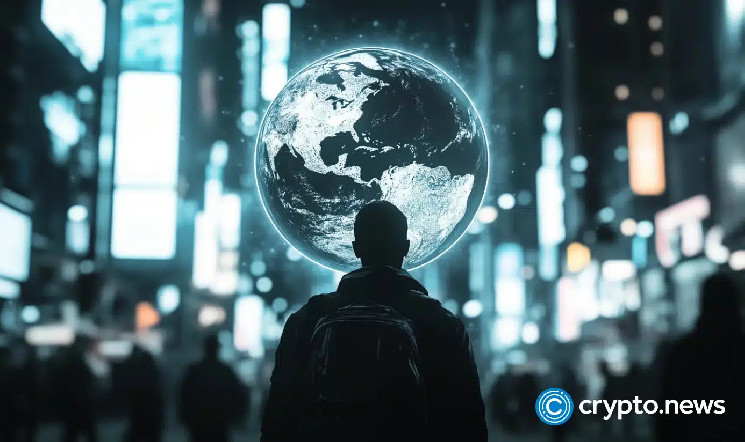Concerns over token dilution because of its vast supply — and claims of market manipulation — are overshadowing Worldcoin as it tries to scan the irises of billions of people.
The controversial cryptocurrency project Worldcoin is coming under fresh fire amid allegations of insider trading and market manipulation — with one on-chain sleuth describing it as “the biggest scam token of the bull run.”
According to DeFi Squared, just 2.7% of $WLD tokens are currently in circulation. And while it’s the 103rd-biggest cryptocurrency with a valuation of $648 million, its fully diluted market cap stands at a whopping $22.4 billion.
This reflects the fact that — out of a total supply of 10 billion $WLD — just 288.9 million are in the marketplace right now. And as Into The Block pointed out earlier this month, that’s exceedingly bad news for current investors:
If Token A is priced at $1 but only 10% of its total supply is circulating, the market capitalization is based solely on that circulating supply. If the remaining 90% of the tokens are introduced into circulation, the overall value must increase significantly to maintain the $1 price per token. In essence, as more tokens enter circulation, the value of each token can get diluted.
In some ways, the concept underpinning Worldcoin’s tokenomics is understandable — if not a little bit creepy. Anyone around the world can register to have their irises scanned. In return, they get a digital identity as well as some free $WLD.
The latest estimates from Worldcoin suggest that more than six million humans worldwide have signed up — against a global population of 8.1 billion — and that helps explain why so much crypto has gone unclaimed so far.
But DeFi Squared’s concerns relate to insider unlocks, amid allegations that the Worldcoin team is “controlling the price to still carry a $30 billion fully diluted valuation” as they begin. It’s claimed that 100 million tokens were allocated to market makers, with their post adding:
Allocating supply to market makers to create favorable price conditions is not uncommon in the industry.
The analyst went on to claim that “the majority of the ecosystem purely exists for VCs to dump” — and the timing of good news stories coincided with unlocks taking place, with the project “intentionally propping up a token price that should be lower.”
One such piece of good news related to Worldcoin developer Tools for Humanity said that 80% of the tokens held by its team members and investors will unlock over a longer timeframe — effectively tackling the issue of dilution we were talking about earlier.
DeFi Squared concluded by saying they intend to be “short $WLD over the months following the start of unlocks.”
For its part, a spokesperson for the project strenuously denied the allegations leveled in this post — and said:
The Worldcoin Foundation and contributor Tools for Humanity take any allegation of insider trading, even if unfounded and unsubstantiated, seriously and would have zero tolerance for such activity if it were to occur.
Unease for regulators
A slew of countries around the world have permanently or temporarily banned Worldcoin, primarily because of data protection concerns. Regulators have claimed would-be users haven’t been given detailed information about how their biometric information would be processed, there’s no mechanism to revoke consent, and this technology could ultimately harm children. As Portugal’s Data Protection Authority said:
Minors are particularly vulnerable and are subject to special protection by the European and national legislation, because they may be less aware of the risks, consequences and guarantees of the processing of their personal data and their rights.
Spearheaded by Sam Altman, who also founded OpenAI, Worldcoin has repeatedly missed targets when it comes to user acquisition — especially considering it once had the goal of registering one billion people by 2023. It doesn’t help that consumers in major economies — China, India, and the U.S. — are forbidden from accessing orbs and, in some cases, even owning $WLD tokens.
It’s difficult to know at this stage whether these setbacks for Worldcoin will be temporary, and whether the technology will end up prevailing as the need for digital identities becomes clearer.
But in the meantime, regulators are slamming the brakes hard because they’re concerned about what the future could look like.
